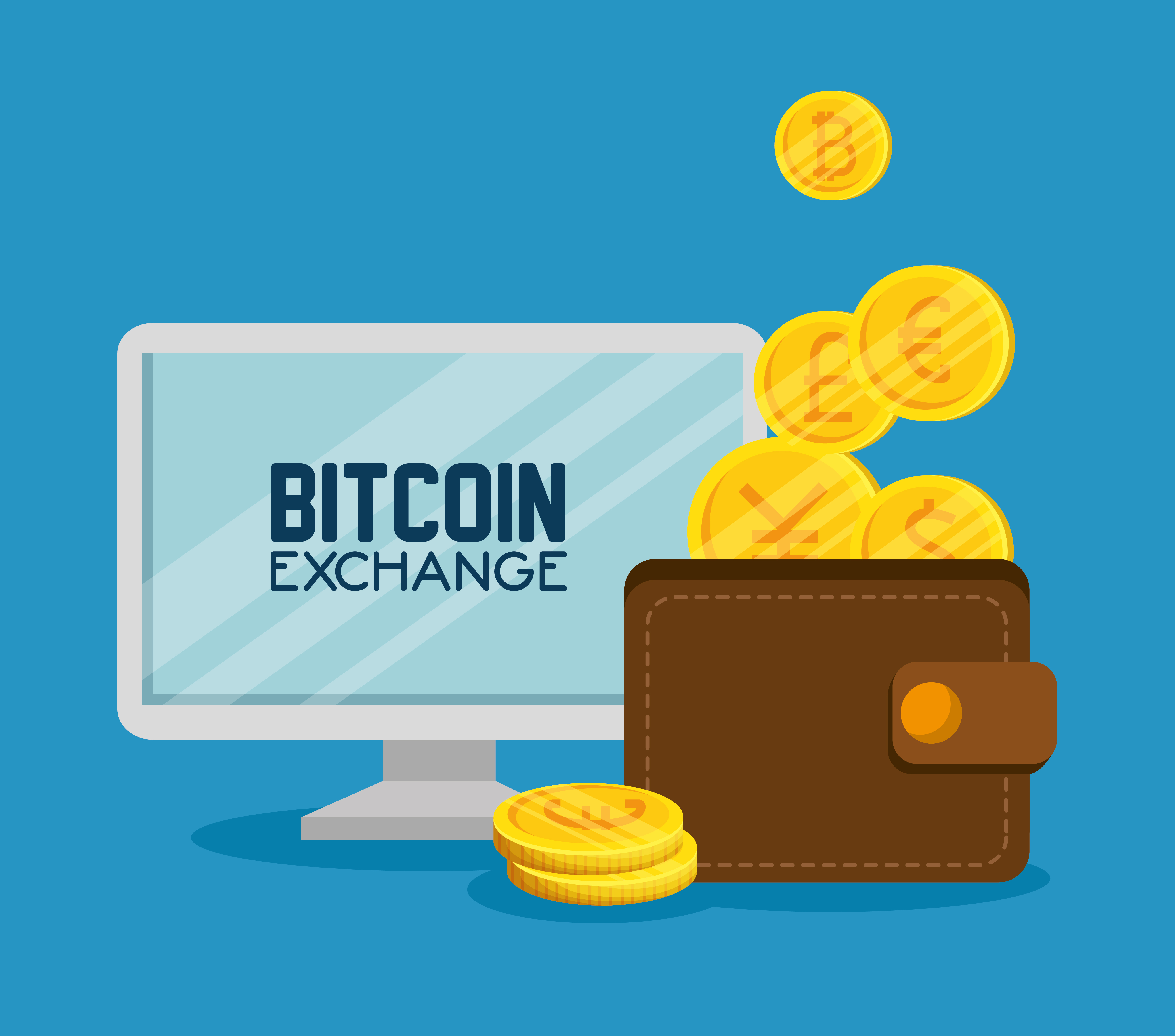Must-know Concepts About Crypto Wallets
When first opening a crypto wallet, many people might get confused by new terms such as public key, private key, address, and mnemonic phrase. Moreover, the learning cost in the crypto industry can be very high as there is a dazzling array of new information. As such, today, we will walk you through some of the most common notions about crypto wallets in simple words.

Crypto Wallet
Crypto wallets are also referred to as blockchain wallets or digital currency wallets. Many beginners may take the term literally and believe that these wallets are just like the ones we use every day to keep our cash. This understanding is correct except that crypto wallets store cryptocurrencies instead of fiat currencies. Though such a definition is vivid, it is not strictly accurate — crypto wallets store the private key, rather than actual cryptocurrencies.
Private Key
Since crypto wallets are a tool for storing the private key, what is the private key?
We know that having a bank card and its password will give us access to the assets stored within it. In this sense, the private key is equivalent to our bank card and password. It is the most crucial data stored in a wallet. Owning the private key is like having a bank card and its password. In other words, the private key gives you control over the assets contained in a crypto account, allowing you to transfer/trade assets and give authorizations.
As blockchain networks are anonymous and decentralized, you must keep the private key by yourself. Unlike bank accounts and passwords, which can be retrieved using your real-name identity, the private key is irretrievable. This means that if you accidentally lose the private key or disclose it to someone else, you will lose control over the assets in your account.
Public Key and Address
The public key is generated by the private key through an asymmetric encryption algorithm. Simply put, you can acquire the public key using the private key, but not vice versa. Therefore, the public key can be used as an ownership credential of your wallet. In our banking analogy, the public key is equivalent to the bank account number, which can be disclosed to someone else without incurring any security risk, because they will not be able to get your private key based on your public key.
Although the public key is like our bank account number, when using a crypto wallet, what we provide for the receipt of crypto transfers is our address. This is the case because the public key is mainly responsible for operations such as verification. To distinguish the public key from the address, the former is converted into a new string of characters through a fixed algorithm. This string is what we normally call the address, which can only be used for receiving payments and checking balances and transaction records. In addition, disclosing your address will not incur any security risks.
Mnemonic Phrases
Though the private key is too important to lose, many users may forget their private key because it is a string of numbers and letters, which is very complicated. For example, a typical private key may look like this:
998dfc4e06c5f6a5927ca8996d53094f528948eadf3458ed12fb76ae3a532bfe
That’s right, the private key is a 64-bit hexadecimal string, which is difficult to remember. Moreover, you might make mistakes even if you were to copy it down. This triggered the appearance of mnemonic phrases, which is another form of the private key. Generally consisting of 12 or 24 common English words, mnemonic phrases share the same functions as the private key. As such, leaking your mnemonic phrases is just like disclosing your private key.
In a nutshell, crypto wallets are tools we use to store the private key. Furthermore, with the help of the front-end functions of some wallets, you can transfer/trade cryptos using your private key with greater ease. In particular, the private key and mnemonic phrases are the most crucial part of your control over cryptocurrencies. Hence, you must keep them properly, without losing them or disclosing them to anyone. The public key and the address, on the other hand, can be disclosed to others for verifying signatures, receiving payments, and checking balances and transaction records.
If you are not convinced by the security of your private key and mnemonic phrases, you can try out CoinEx Wallet, which has introducedencrypted mnemonic phrases. As a safer way to store mnemonic phrases, encrypted mnemonic phrases consist of a mnemonic phrase password and a ciphertext QR code, and you must use both of them together to import your wallets. Therefore, others cannot control your wallet without access to your mnemonic phrase password and ciphertext QR code at the same time. As such, compared with regular mnemonic phrases, encrypted mnemonic phrases help your store the private key easily and securely.








